News
Previous projects
Highlights
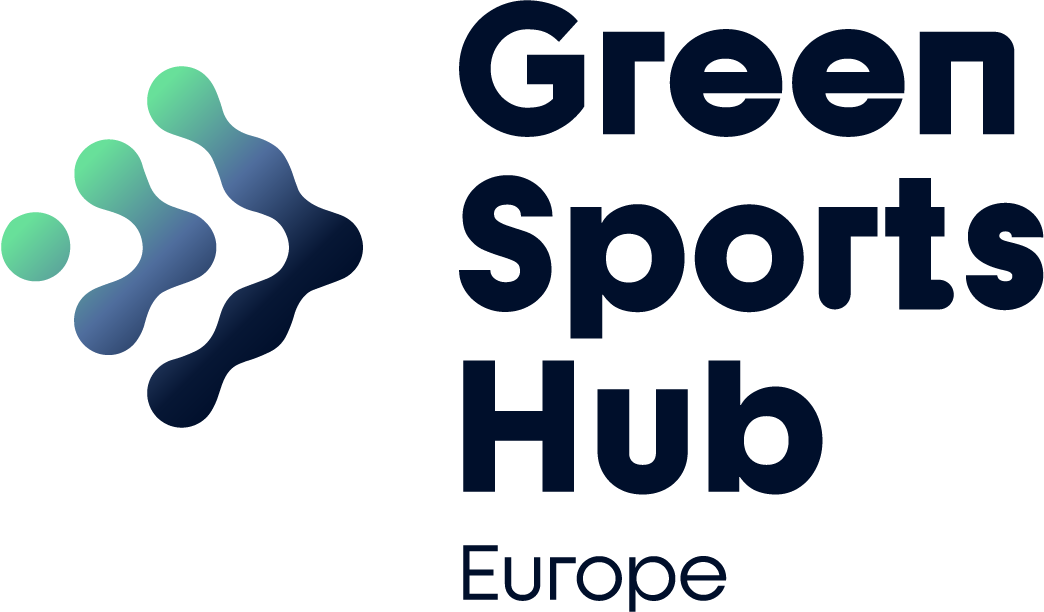 |
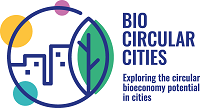 |
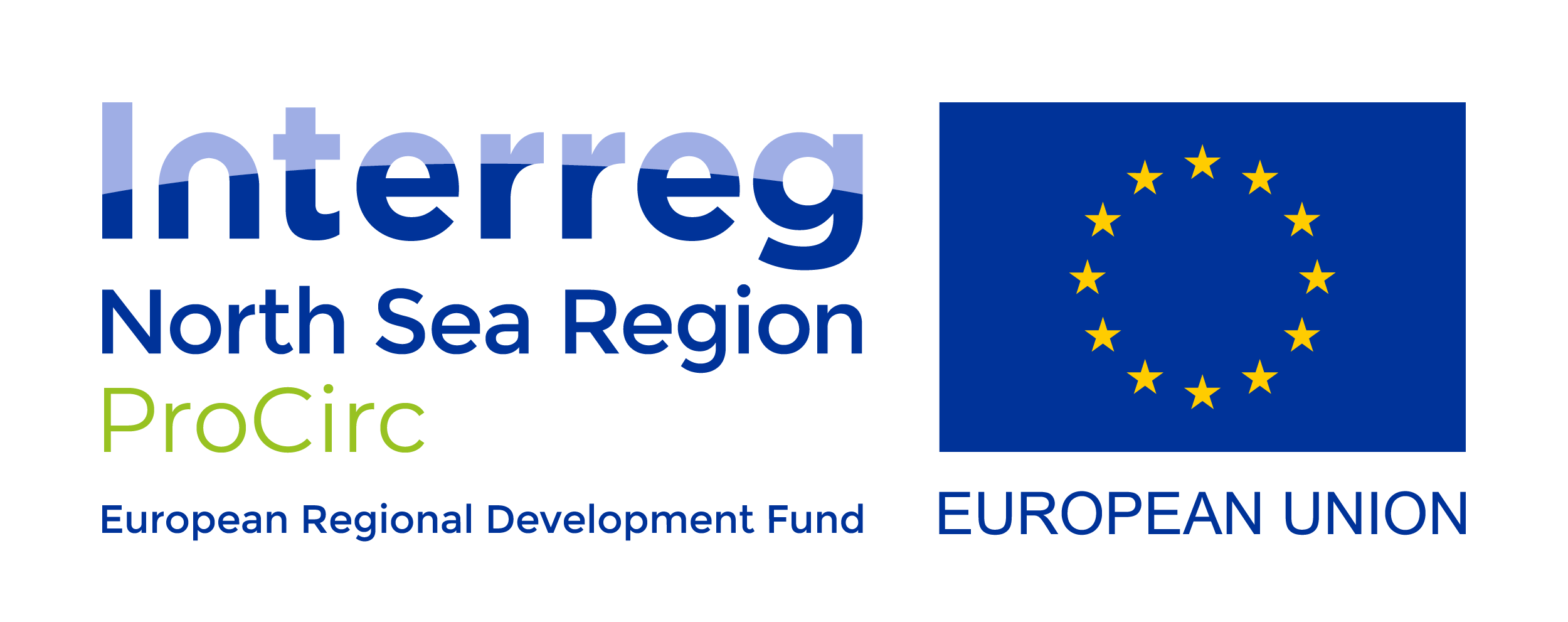 |
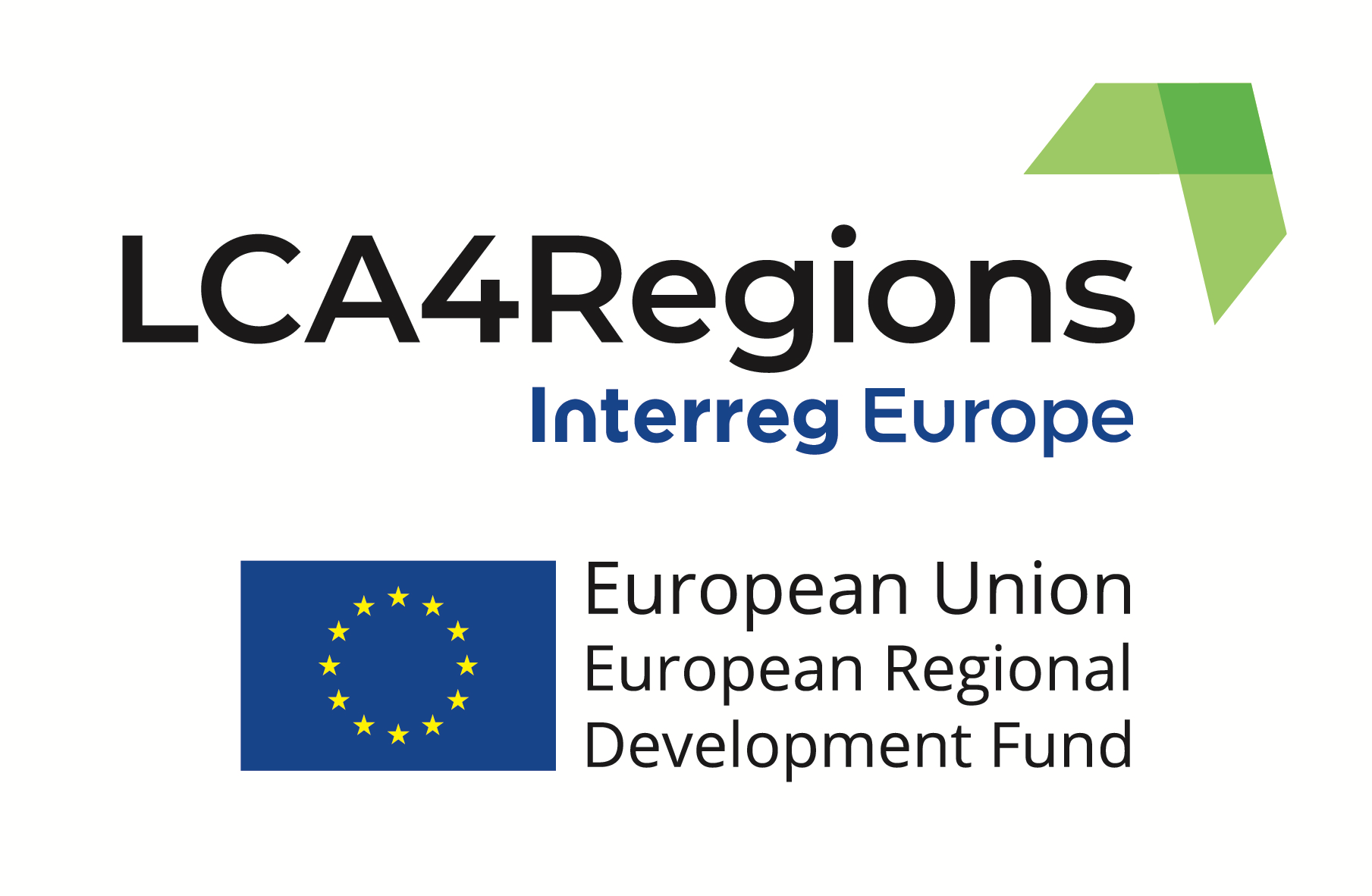 |
 |
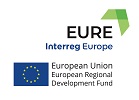 |
|||
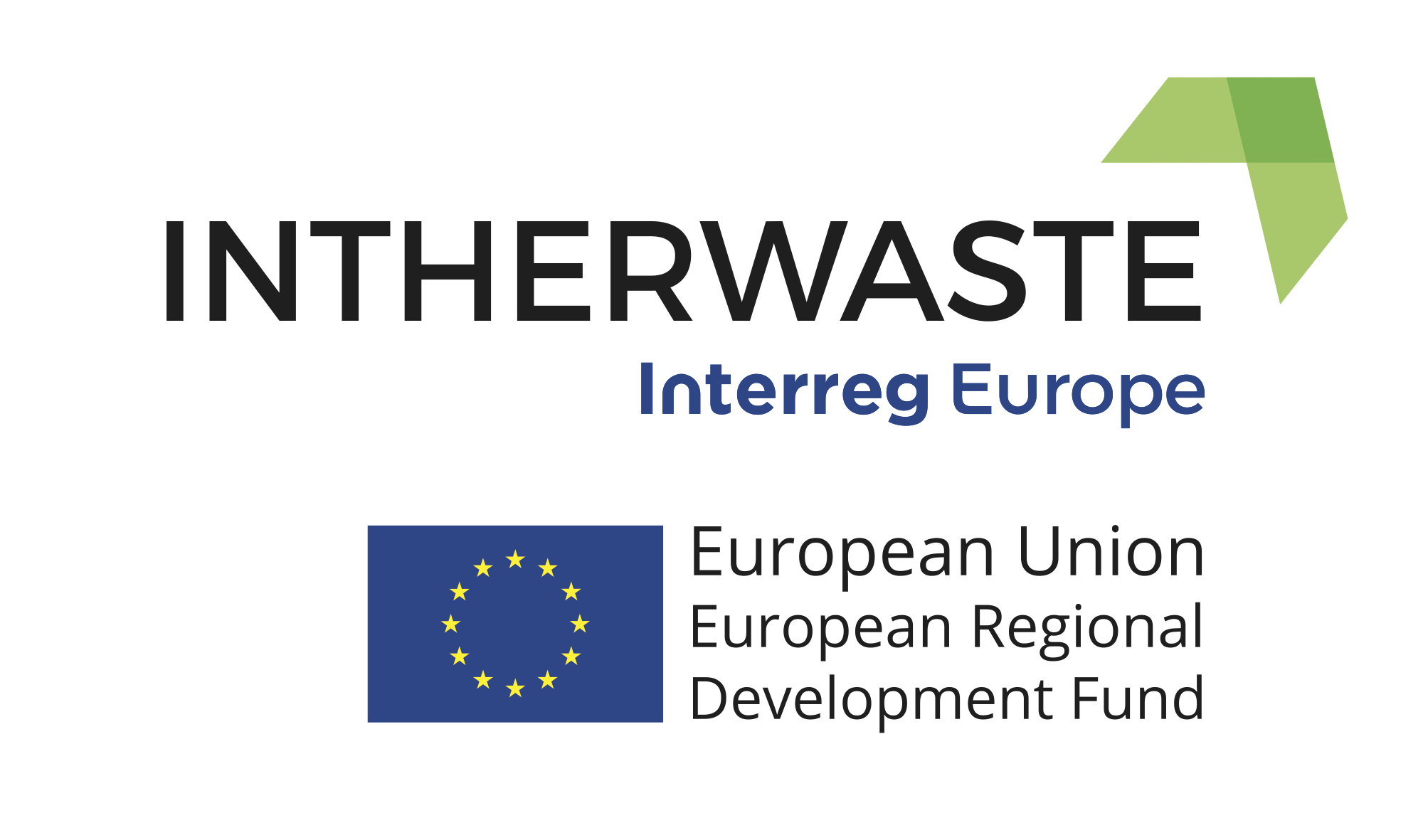 |
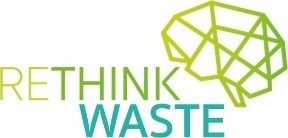 |
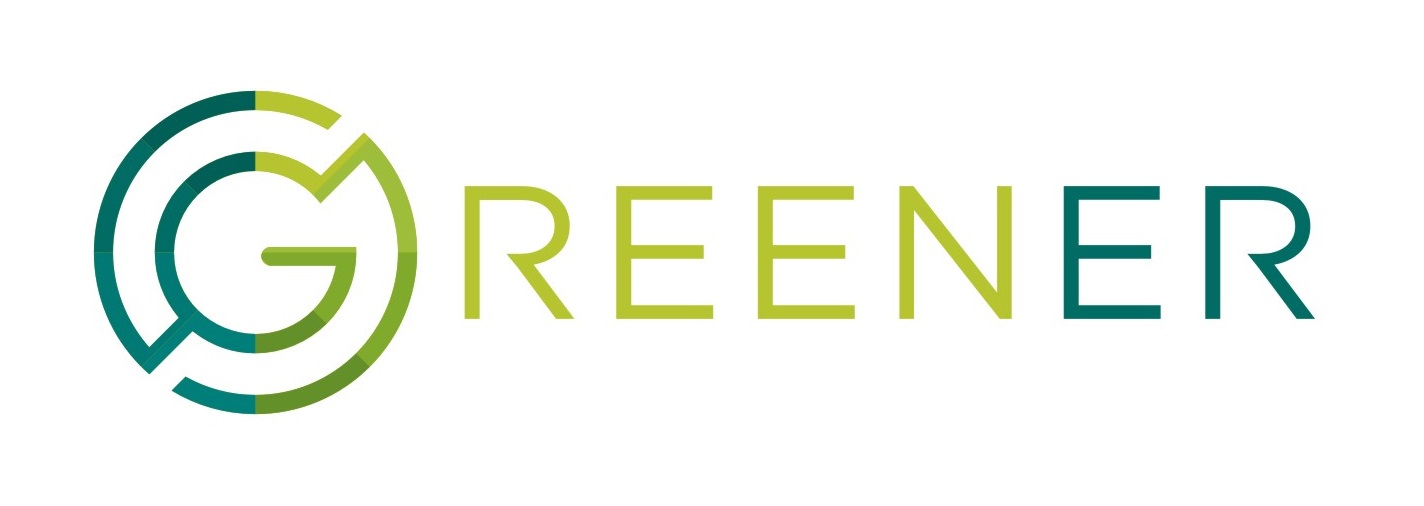 |
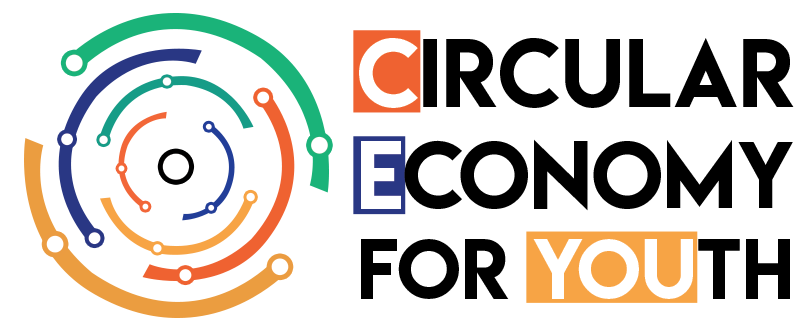 |
 |
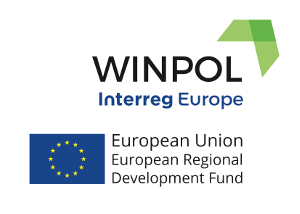 |
All Projects
 |
ERASMUS+ Programme of the European Union, 2020 - 2023. The GREEN SPORTS HUB EUROPE project had the objective of evolving into a platform which would enable different sport entities but also host cities and regions to review their current environmental practices and adopt necessary improvements. |
|
 |
European Union’s Horizon 2020 programme, 2021 - 2023. The Biocircularcities project aimed to unlock the circular economy potential of unexploited bio-based waste streams by exploring the development of economically and environmentally efficient models for organic waste (food and kitchen waste, garden waste, agricultural waste from agrobased industrial sector, wood waste and forestry residues, etc.) in three pilot areas. |
|
 |
European Regional Development Fund, 2018 - 2022. ProCirc is a transnational project in the North Sea region set up to experiment, implement and learn how circular economy and procurement can benefit the region. |
|
 |
European Regional Development Fund, 2019 - 2023 The LCA4Regions project – Improved Environment and Resource Efficiency through use of Life Cycle Instruments for implementation of regional policies of the European Union – endeavours to improve the effectiveness of the environmental policies through the adoption of Life Cycle Assessment (LCA) methodologies. The project aims to integrate this typical business-related expertise into public policies implementation, in order to boost more efficient use of natural resources. |
|
 |
European Regional Development Fund, 2019 - 2023 The SMART WASTE project – Innovation in Waste Management Policies – aims at improving public policy instruments supporting innovation within waste management procedures, both in terms of new approaches and new technologies. The project looks at both new approaches and at new technologies applied in reusing, in reducing, recycling, and recovering the waste. |
|
 |
European Regional Development Fund, 2019 - 2023 The EURE project – Effectiveness of Environmental Urban policies to improve Resources Efficiency – proposes the exchange of experience among local authorities as methodology to evaluate the different ways to articulate the 5% of their European Regional Development Fund (ERDF) to support integrated sustainable urban development. |
|
 |
2016 - 2021, European Regional Development Fund The INTHERWASTE project aimed to foster the exchange of experience and polices for efficient and sustainable waste management in European Heritage Cities. |
|
 |
2019 - 2022, LIFE programme The main objective of REthinkWASTE was to provide public authorities with a plug and play model based on the pay-as-you-throw (PAYT) and know-as-you-throw (KAYT) paradigm. |
|
 |
2020 - 2022, ERASMUS+ Programme The Greener project – BoostinG industry EngagemEnt iN green pRocurement – aimed to improve the skills of procurers and administrative profiles focusing on SMEs, with regards to GPP criteria and enhancing the responsiveness of curricula of traditional profiles to the future demand of skills. |
|
 |
2019 - 2021, ERASMUS+ Programme The CEYOU project – Circular Economy for Youth – aimed at promoting, engaging, connecting and empowering young people around the circular economy as a means to deal with the dangers to the environment and of climate change. |
|
 |
2018 - 2021, LIFE programme The LIFE TACKLE project – Teaming-up for A Conscious Kick for the Legacy of Environment – aimed to increase the awareness and to improve the practices of sports events key actors in order to improve waste management during football events. |
|
 |
2018 - 2022, European Regional Development Fund The WINPOL project – Waste Management Intelligent Systems and Policies – aimed to improve regional and local waste management processes by promoting intelligent equipment and innovative planning derived from it in order to minimise waste generation and increase the efficiency of waste management processes. |
|
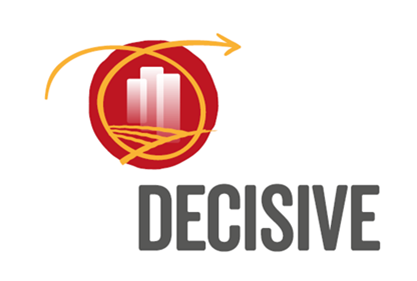 |
2016 - 2020, H2020 programme The DECISIVE project – A DECentralised management Scheme for Innovative Valorisation of urban biowastE – aimed to help with the reform of urban waste management systems for our ever-growing cities and populations. |
|
 |
2017 - 2020, H2020 programme The COLLECTORS project – waste COLLECTiOn systems assessed and good pRacticeS identified – focused on good practices for the collection and sorting of three waste categories: packaging and paper waste, waste electrical and electronic materials (WEEE), and construction and demolition waste (CDW). |
|
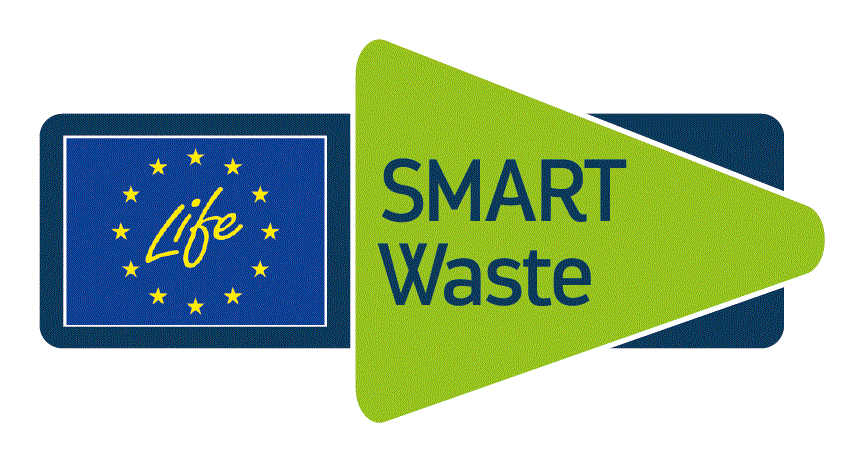 |
2014 - 2020, LIFE+ programme The LIFE SMART Waste project – Smarter Regulation of Waste in Europe – set an innovative pan-European partnership between key bodies involved with addressing waste crime. |
|
|
2015 - 2020, H2020 programme The RE4 project – REuse and REcycling of Construction and Deconstruction Waste (CDW), materials and structures in energy efficient pREfabricated elements for building REfurbishment and construction – was a European project aiming at the development of a fully prefabricated energy-efficient building bade of components containing up to 65% by weight of CDW-derived materials and structures. |
||
 |
2015 - 2020, H2020 programme The FISSAC project – Fostering Industrial Symbiosis for a Sustainable Resource Intensive Industry across the extended Construction Value Chain – involved stakeholders at all levels of the construction and demolition value chain to develop a methodology, and software platform to facilitate information exchange, that can support industrial symbiosis networks and replicate pilot schemes at local and regional levels. |
|
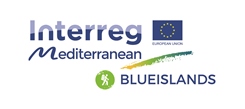 |
2016 - 2020, European Regional Development Fund The BLUEISLANDS project aimed to properly identify, address and mitigate the effects of the seasonal variation of waste generation on Mediterranean islands as an effect of tourism. The ultimate goal of the project was to establish the necessary conditions so that the waste generated on each island could serve as a resource bank which will be used to fuel local loops of circular economy. |
|
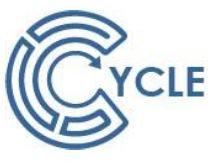 |
2017 - 2019, Erasmus + programme The CYCLE project was intended to create a set of tools that improve and develop adult trainers’ competences that ensure the introduction of circular economy competences in adult training, contributing to the creation of an attractive learning pathway for trainers and facing the existing gap in this area. The main target group were “non-vocational adult trainers” defined as those trainers & facilitators that provide any form of adult learning – formal and not formal – that is not directly linked to the labour market. |
|
|
2017 - 2019, ESPON 2020 Cooperation programme The main objective of this tender on circular economy (CE) was to provide evidence on the territorial dimension of the transition towards a circular economy and to provide evidence on local and regional patterns and flows of materials, including resources and waste. The analysis of the territorial dimension aimed to cover changes in resource use, design, production, distribution, consumption and waste management. In addition, it aimed to provide input to European regions and cities on their potential for implementing steps towards a circular economy. |
||
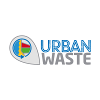 |
2016 - 2019, H2020 programme The URBAN-WASTE project developed eco-innovative and gender-sensitive waste prevention and management strategies in cities with high levels of tourism in order to reduce the urban waste production and improve municipal waste management. These strategies facilitated the reintroduction of waste as a resource into the urban metabolism flows and address waste management, risk prevention and land-use as an integral part of urban development. |
|
 |
2016 - 2019, H2020 programme The URBANREC project aimed to develop and implement an eco-innovative and integral bulky waste management system (enhancing prevention, improving logistics and allowing new waste treatments to obtain high added value recycled products) and demonstrate its effectiveness in different regions. It aimed to improve the separation and disassembling of bulky waste - implementing advanced fragmentation techniques to obtain high-quality raw materials, promoting innovative valorisation routes for those considered more problematic (PUR foam, mixed hard plastics and mixed textiles), not recycled due to lack of eco-innovative cost-effective solutions. |
|
|
2016 - 2018, EuropAid programme The key objective of the project was to contribute to reduced marine pollution and a more sustainable use of scarce water resources by providing tailored and targeted support to stakeholders of the Beneficiary Countries (BCs) within each of the six results areas. |
||
 |
2015 - 2018, LIFE+ programme The LIFE FUTURE project – Sustainable Urban FUrniTURE: Tool design to perform environmental assessments in the green procurement framework – aimed to promote green public procurement, focusing on the urban furniture sector. The project allowed to overcome the difficulties encountered by persons in charge of public procurement procedures when they have to include environmental clauses in calls for tenders and assess the offers received, due to their limited knowledge on environmental matters project. It involved the development and validation of the GUF Tool, which is an online tool to support public bodies on the decision making related to the purchase of more environmentally friendly urban furniture. |
|
 |
2015 - 2017, Horizon 2020 The PPI4Waste project – Promotion of Public Procurement of Innovation for Resource Efficiency and Waste Treatment – explored mechanisms to overcome barriers to public procurement of innovation in the waste sector.The project consortium worked on increasing innovative public procurement through networking, capacity-building, and dissemination with the aim of supporting resource efficiency, sustainable waste management and sustainable consumption throughout Europe |
|
 |
2016 - 2018, Horizon 2020 The IMPACTPapeRec project – Boosting the implementation of participatory strategies on separate paper collection for efficient recycling – aimed to further increase the separate collection of paper for recycling in Europe and to promote appropriate schemes to avoid landfilling and incineration, through the identification and implementation of best practices. |
|
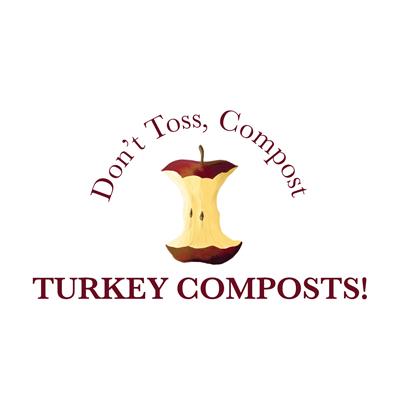 |
2016 - 2017, Civil Society Dialogue IV Programme The project aimed at increasing composting practices in the municipalities of Turkey, supporting local governments in Turkey to implement the Regulation on Waste Management and in bio-waste management, increasing awareness of compost in the general public in Turkey and finally increasing cooperation between the local governments and CSOs working on waste and composting in Turkey and EU. |
|
|
2015 - 2017, EuropeAid The project aimed to build a European alliance of youngsters against food waste and for new models of sustainable development and consumption in the framework of the European Year for Development 2015. It intended to contribute to concrete behaviours change of the young generations, who are “today and tomorrow” consumers and future decision-makers. |
||
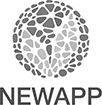 |
NEWAPP2013-2016, FP7-SME-2013 The project aimed to increase the amount of bio-waste diverted from landfill and incineration into high-value products that can be used as fuel, activated carbons for water treatment, soil remediation, carbon sequestration schemes and other applications and to develop an alternative cost/resource-efficient and environmentally sound way of dealing with wet biomass waste through HTC (hydrothermal carbonisation) technology. |
|
 |
SCOW2013-2015, ENPI CBCMED The objective was to develop low cost, technically simple and high-quality biowaste collection and recycling models in territories with touristic areas and agricultural activity. |
|
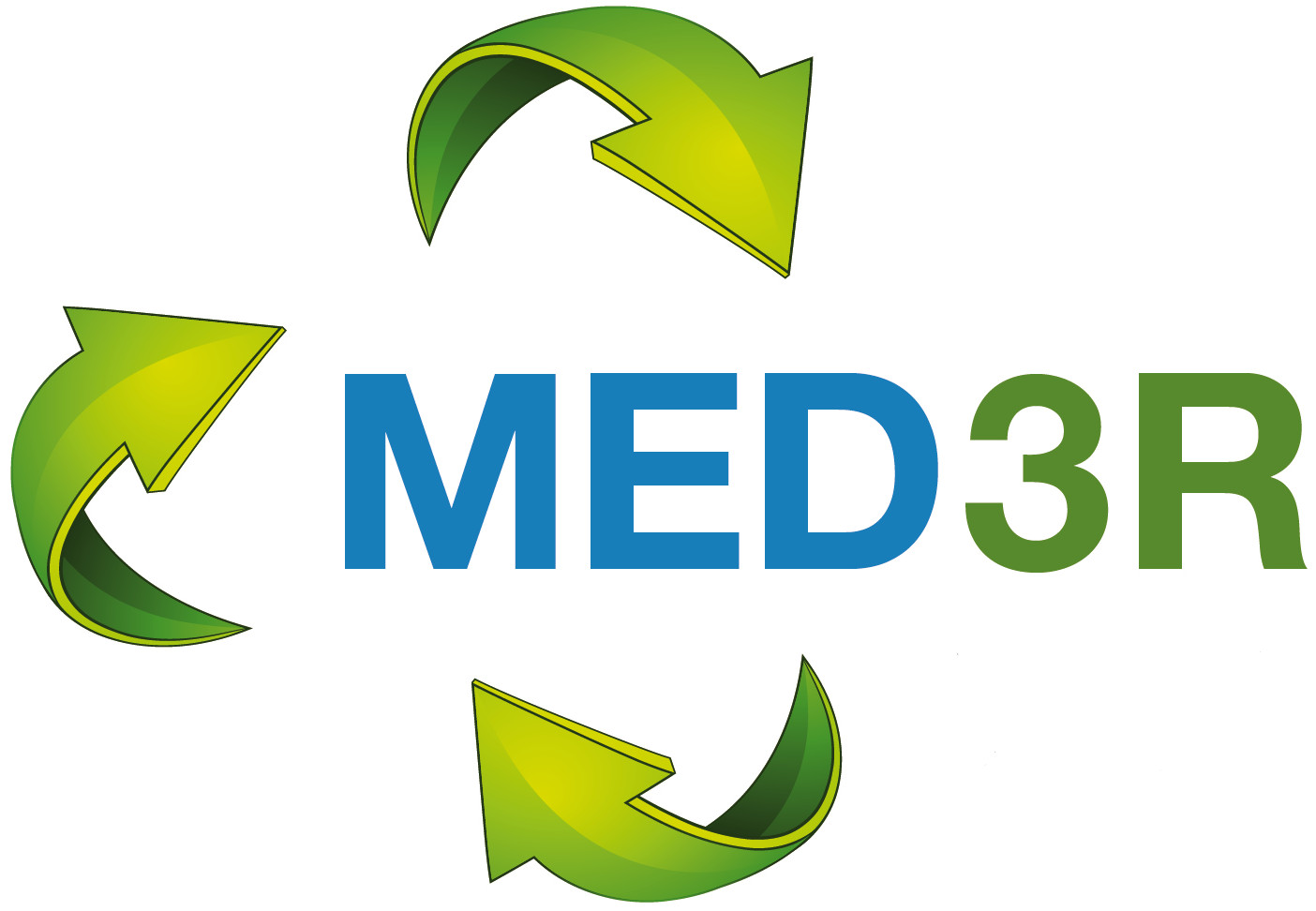 |
MED-3R2012-2015, ENPI CBC MED This project was a strategic Euro-Mediterranean platform for integrated waste management within the ENPI Cross Border Cooperation MED Programme within the framework “Treatment and recycling of waste”. The project aimed to contribute to the establishment of an environmentally sound waste management system and develop appropriate strategies of collection and prevention. |
|
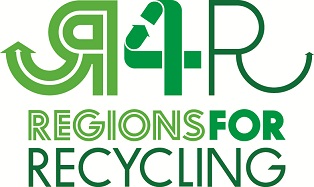 |
R4R2012-2014, Interreg IVC The project aimed at sharing good practices to improve selective collection and recycling schemes at regional and local level. Each partner introduced one new good practice in their territory and all contributed to the collection of waste management data. The project allowed for the comparison of recycling performances, the identification and transfer of good recycling practices and the widespread dissemination of the project results beyond the project partners. |
|
Horizon2020 Capacity Building2010-2014, EuropAid The project aimed to build capacity for the implementation of Horizon2020 programmes in Mediterranean countries via series of training sessions and workshops. |
||
 |
MINIWASTE2010-2012, LIFE+ The project aimed at demonstrating that it is possible to significantly reduce the amount of bio-waste at local level. The project focused the gathering and sharing of good practices and case studies implemented by European local and regional authorities. |
|
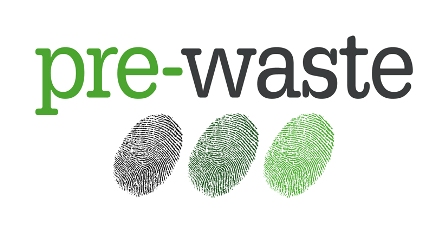 |
Pre-waste2010-2012, INTERREG IVC The project aimed to help local and regional authorities improve their waste prevention policies, in order to significantly reduce the production of waste and its hazards. |
|
Green Commerce Project2010-2012, LIFE+ The project aimed at promoting environmental responsibility in the retail sector. |
||
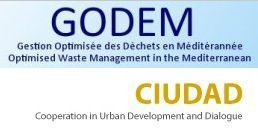 |
GODEM - Gestion Optimisée des Déchets en Métiterranée2010-2012, EuropAid The project aimed at creating a permanent knowledge base and network for exchanging experiences regarding sustainable and optimized waste management between local and regional authorities in the Mediterranean basin. |
|
LG Action2009-2011, Energy Europe Programme The project aimed at presenting local government (LG) positions relevant to climate and energy to a range of actors: local government associations and networks, national governments, the European Commission and feeding into the post-2012 climate negotiations |
||
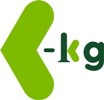 |
"-k" European Campaign for Waste Reduction2008, ACR+ Project This project was an Europe-wide Campaign for waste reduction. It aimed at reducing municipal waste by 100 kg per inhabitant and per year. |
|
MUE25 - Managing Urban Europe 252005-2008 The project aimed at improving the development and the implementation of environmental management systems for urban zones. |
||
APPRICOD2003-2006, LIFE-Environment programme The project aimed at developing a partnership between various European actors to promote the selective collection of plastic waste from construction and demolition (C&D) activities. |
||
VERC - Virtual European Recycling Center
|
||
MED'ACT2004-2005, North/South partnerships The project aimed to develop new networking activities on practical/technical issues with cities from the Southern fringes of Europe |
||
European Sustainable Cities and Towns CampaignsInformation campaign on local sustainable development and the implementation of the Aalborg Commitments. |
||
ELISEE2004-2005 Encouraging Local Initiatives for Sustainable Lifestyles in Enlarged Europe |
||
R que R2003-2004, URB-AL – Europa – America Latina, EuropeAid The project promoted the exchange and dissemination of experiences of good practices for the prevention, the selective collection and the reuse of solid waste, between European and South American cities. |
||
Sustainable Consumption in Cities2002-2003, Resourcities European Campaign on Products without Waste and Recycled Products |
||
European Sustainable Cities and Towns Campaign2001-2003 The project aimed at promoting development towards sustainability through Local Agenda 21 or similar integrated planning processes and the strengthening of partnerships among all actors in the local community as well as inter-authority co-operation. See also the French version. |
||
For a better plastic recycling2001-2003 Partnership agreement with six European Federations of the plastics industry to improve the collection and recycling of plastics in Europe. |
||
MEDIA-COM1999-2000 Prevention and Recycling of Urban Waste: An Inventory of Approaches in 18 European Cities" |
||
European Packaging Waste Management Systems1999-2000, EPWMS |
||
Promoting selective collection of plastics waste2002-2003 |
||
ERNET - European Recycling Network2000-2002 FR version |
||
URBAL
|









